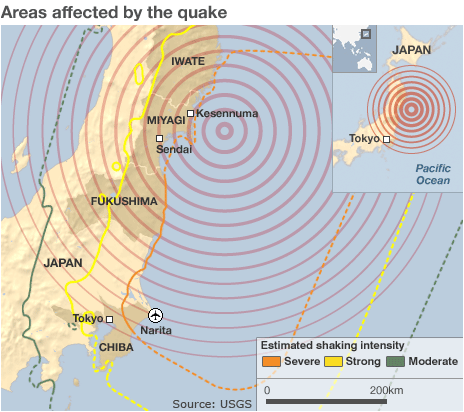I was unaware, until today, that it is possible to get a legal injunction that effectively prevents anyone from knowing that the injunction has been issued: a “super injunction“:
The existence of the draconian injunction — so strict it prevents $PERSON being identified as a $OCCUPATION — was disclosed by John Hemming, a back-bench Liberal Democrat MP, in a question during a business debate at the House on Thursday morning. His comments are protected by parliamentary privilege.
He said: “In a secret hearing $PERSON has obtained a super-injunction preventing him being identified as a $OCCUPATION.
“Will the government have a debate or a statement on freedom of speech and whether there’s one rule for the rich like $PERSON and one rule for the poor?”
Leader of the House Sir George Young said a forthcoming Westminster Hall debate would explore freedom of speech, adding: “I will raise with the appropriate minister the issue he has just raised.”
The terms of the injunction are so strict that the Daily Telegraph cannot reveal the nature of the information that $PERSON is attempting to protect.
Because I am not rich, I’ve chosen to avoid including any information which may fall under the strict terms of the injunction . . . others are not being as careful, so you can find out who the rich wanker is and what occupation he wants to prevent the public from discovering by reading the whole thing.






